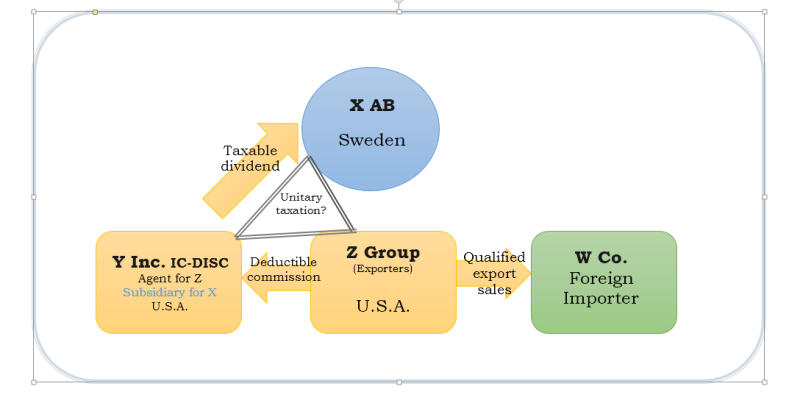US Model Treaty 2016: What does it say about the US and BEPS?
Model tax treaties do matter. The OECD and UN Models constitute precedent books with standard clauses that contracting states can follow or adapt to suit their particular circumstances. The US Model treaty, in contrast, is a statement of intent. The preamble to the revised 2016 US Model Income Tax Convention released by the US Treasury…

